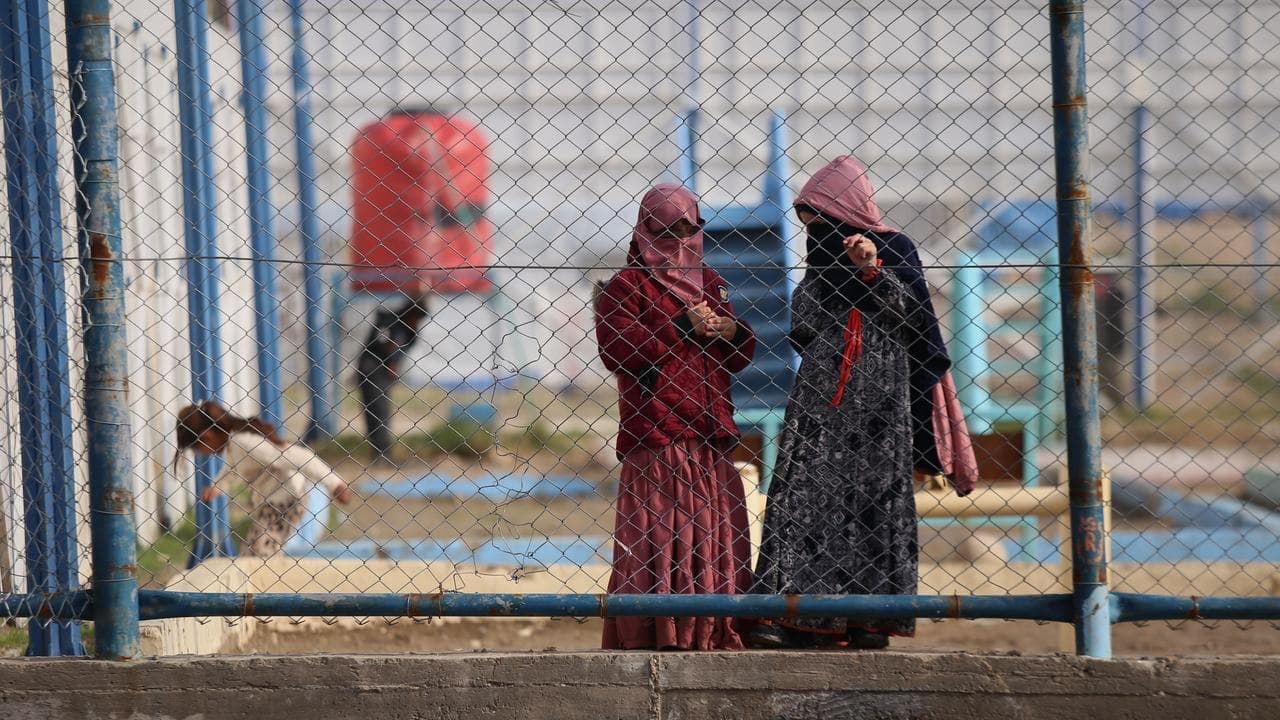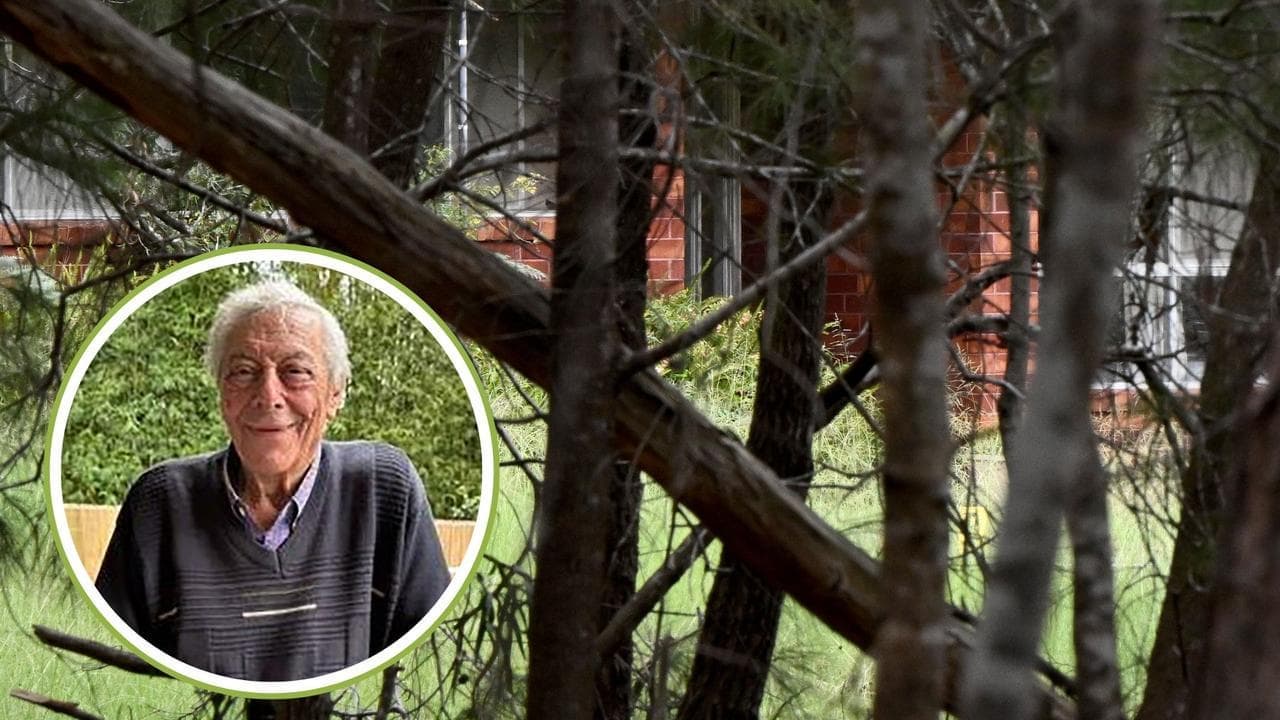The Statement
A comment on the British Medical Journal (BMJ) website claiming people who refuse a future COVID-19 vaccine could face prison terms and hefty fines has been widely shared online.
A Facebook post from The Natural Nutritionist page includes a meme with text that mirrors the first line of the comment: "Five years imprisonment and/or a $66,600 fine for refusing coronavirus vaccination?".
The post text then duplicates the BMJ comment in full, including a claim that "under the Australian Biosecurity Act 2015, refusers of coronavirus vaccination in Australia could be at risk of five years imprisonment and/or a $66,600 fine".
"This emergency power has been active since March 2020, and has been extended to December 2020, with the potential for unlimited extensions," it says.
"It's possible this emergency power could be extended until a coronavirus vaccine is available, and that people in Australia could be under duress to have coronavirus vaccination, i.e. at risk of imprisonment and/or a huge fine, for a virus which is not a threat to most people under 70."
The end of the post includes the additional lines: "When will the remaining experts with a conscious (sic) raise their concerns over this? Coerced vaccination is illegal."
At the time of writing, the November 3 post has been viewed more than 30,000 times and shared more than 170 times, attracting over 240 reactions and 190 comments.
The BMJ comment has also been shared by other social media users in Australia and New Zealand (see examples here and here).

The Analysis
While it is possible for authorities to issue control orders to specific individuals to get vaccinated, the federal government can't use the Biosecurity Act to make vaccines mandatory across the broad population, two legal experts told AAP FactCheck.
The Australian government has also said a COVID-19 vaccine will not be made mandatory, and that emergency powers granted under the Act were not intended for the enforcement of national immunisation programs.
With multiple potential vaccines in development to combat the virus, Australia has entered into agreements to secure access to at least four different vaccine candidates and more than 134 million potential doses, according to a government press release from November 5.
However, concerns have also been raised about people being forced or coerced into taking the vaccine.
Prime Minister Scott Morrison initially said in August he expected the vaccine to be made "as mandatory as you could possibly make it", and the only exemptions should be on medical grounds.
But later on the same day he stepped back from the comments, saying there would be "no compulsory vaccine but there will be a lot of encouragement and measures to get as high a rate of acceptance" as possible.
Following a National Cabinet meeting of state and territory leaders on November 13, Mr Morrison reiterated that a COVID-19 vaccine would be strongly encouraged but not mandatory.
The claim in the Facebook posts repeats a BMJ comment in response to an article from the journal's editor, Fiona Godlee, that questioned the value of a hastily developed COVID-19 vaccine.
The source of the comment, which suggests COVID-19 vaccination could be enforced under the Biosecurity Act, is listed as an "independent person investigating the over-use of vaccine products and conflicts of interest in vaccination policy" from Adelaide.
The Biosecurity Act came into effect in 2015 and lays out Australia's plan to protect itself from biosecurity threats like pests and diseases that can affect plants, animals or humans.
Associate professor Patrick Emerton, a legal theorist from Monash University in Melbourne, said the post's hypothesis - that "refusers of coronavirus vaccination" could be at risk of imprisonment or fines - was "simplistic" and failed to unpack the "conditionalities" of the Act.
"There are two pathways under the Act for vaccine requirements. It can be made an entry condition, which is already similar to how yellow fever works in Australia, and a lot of other countries, and it could also be made a condition under a control order, which could be issued against an individual who has been found to have symptoms or have been exposed," he told AAP FactCheck in a phone interview.
"That control order could include a requirement to be vaccinated. There's no process for exercising force to impose the vaccination, but if you refuse to be vaccinated, then you've committed an offence ... which could result in a fine or imprisonment as punishment."
Dr Emerton added that these measures were unlikely to be used "aggressively" due to a lack of popular support.
Paula O'Brien, director of the Health Law and Ethics Network at Melbourne Law School, told AAP FactCheck in an email there were "serious restrictions" on the scope of human biosecurity control orders (HBCOs) under the Act.
An order could state, for example, that an individual receives, at a specified medical facility, a specified vaccination, she said.
Restrictions under the Act include: the HBCO can only be used on certain high-risk individuals (section 60(2)); the order must be a matter of last resort under strict principles (section 34); force cannot be used to require compliance (section 95); and the procedure must be carried out in a manner consistent with appropriate medical and professional standards (section 94).
"There is only a risk of penalty if a HCBO and a biosecurity measure is in place requiring vaccination … and it is simply not possible to imagine the government making millions of these orders to get the population to vaccinate against COVID," Dr O'Brien said.
"These are not general laws which apply to all of us but such an order could be made against an individual if all of the requirements set out were met."
Dr O'Brien said there were also rights for an order to be reviewed in court. However, anyone breaching an order could be imprisoned for up to five years or fined 300 penalty units, which currently equates to $66,600.
She said it was "very unlikely at this stage" that the Commonwealth would use this provision to enforce the use of a COVID-19 vaccine for specific individuals.
Dr O'Brien added that, generally, if the government wanted to do something "very intrusive of individual rights and freedoms", it would need to pass fresh laws through parliament in order to do so rather than rely on delegated authorities under existing public health laws.
"I have little doubt that, if a direction for vaccination by all people in Victoria were made by the CHO (chief health officer) under section 200 (of Victoria's Public Health and Wellbeing Act 2008) and if it were challenged in the courts, the courts would say it was unlawful for such a requirement to be imposed on the population under delegated legislation," she said.
A spokeswoman for the Department of Health told AAP FactCheck vaccinations were not mandatory in Australia, and individuals would maintain the option to choose not to vaccinate.
"This right will extend to any COVID-19 vaccination that may become available," she said.
The spokeswoman said emergency powers under the Biosecurity Act were intended to be time-limited, and they would be removed when the public health evidence supported doing so.
"It is not the intention of the human biosecurity emergency power to enforce national vaccination campaigns," she said.

The Verdict
Two legal experts told AAP FactCheck that it is possible for governments to issue control orders for specific individuals to be vaccinated, and defying these orders exposed people to the risk of fines or jail. However, they said existing laws could not be used to make a blanket order across the population, and it was very unlikely they would be deployed in the case of a COVID-19 vaccine.
Government representatives have also said the Commonwealth did not intend to use biosecurity powers to enforce vaccinations, nor would a COVID-19 vaccine be made mandatory.
Partly False - The content has some factual inaccuracies.
* AAP FactCheck is accredited by the Poynter Institute's International Fact-Checking Network, which promotes best practice through a stringent and transparent Code of Principles. https://aap.com.au/












